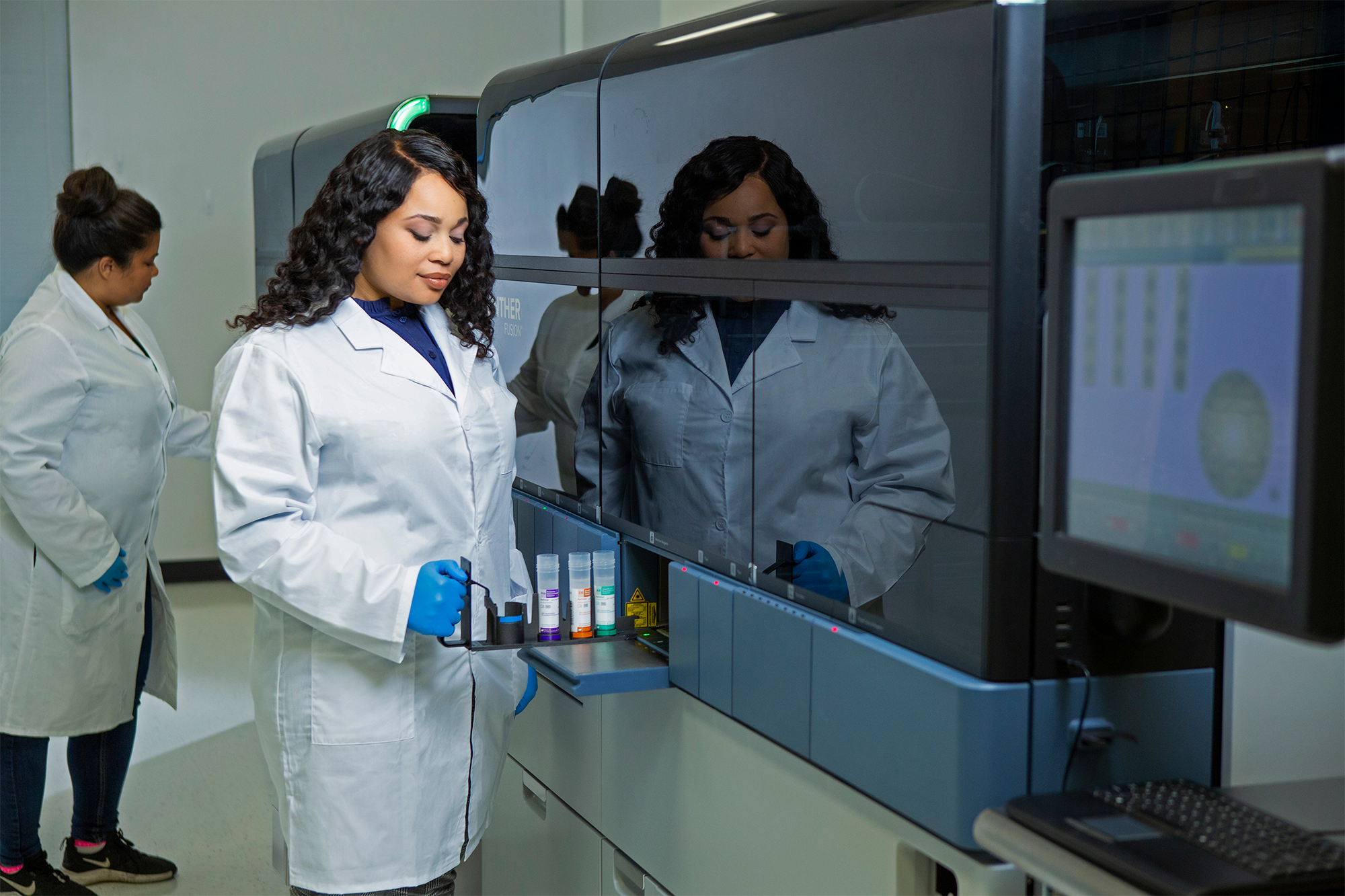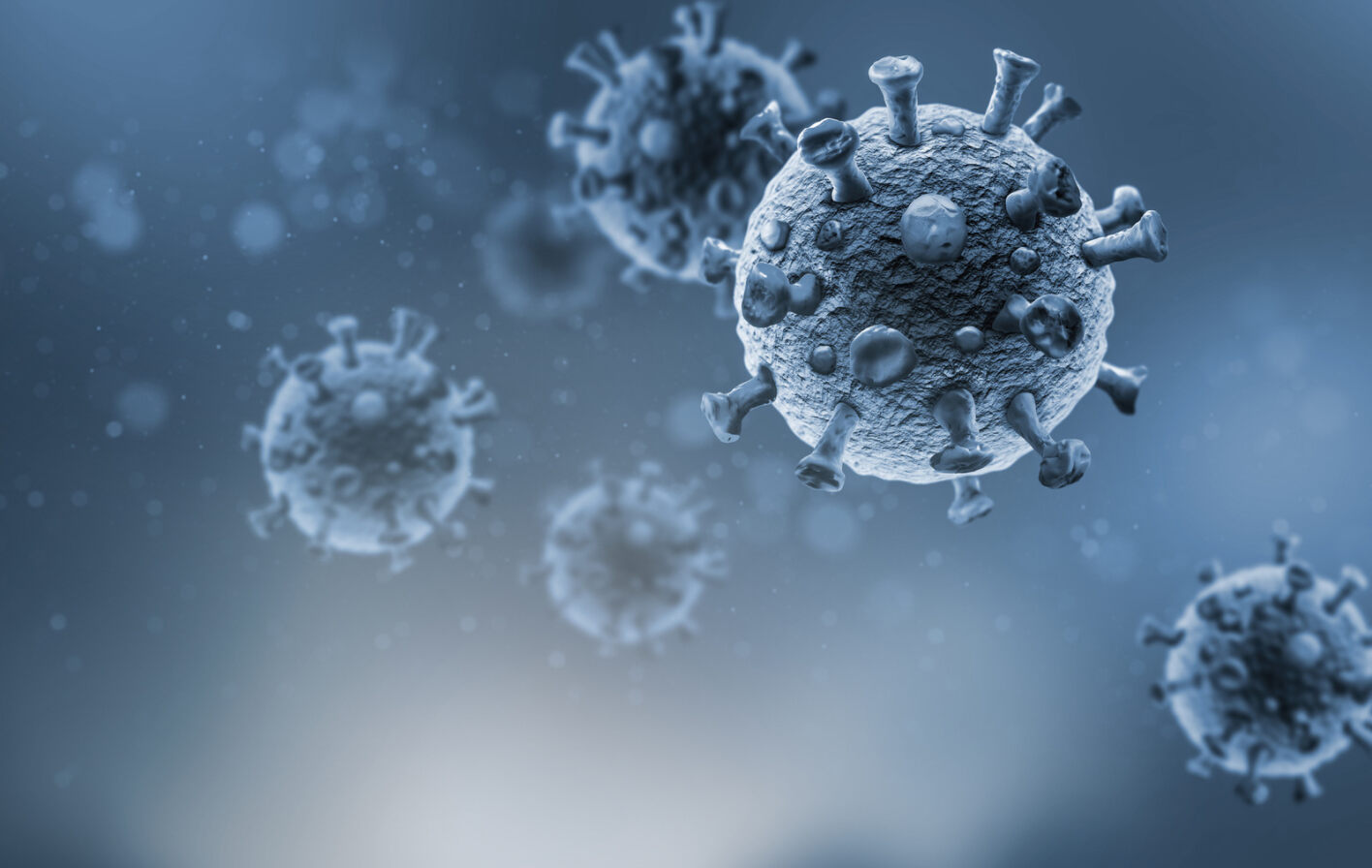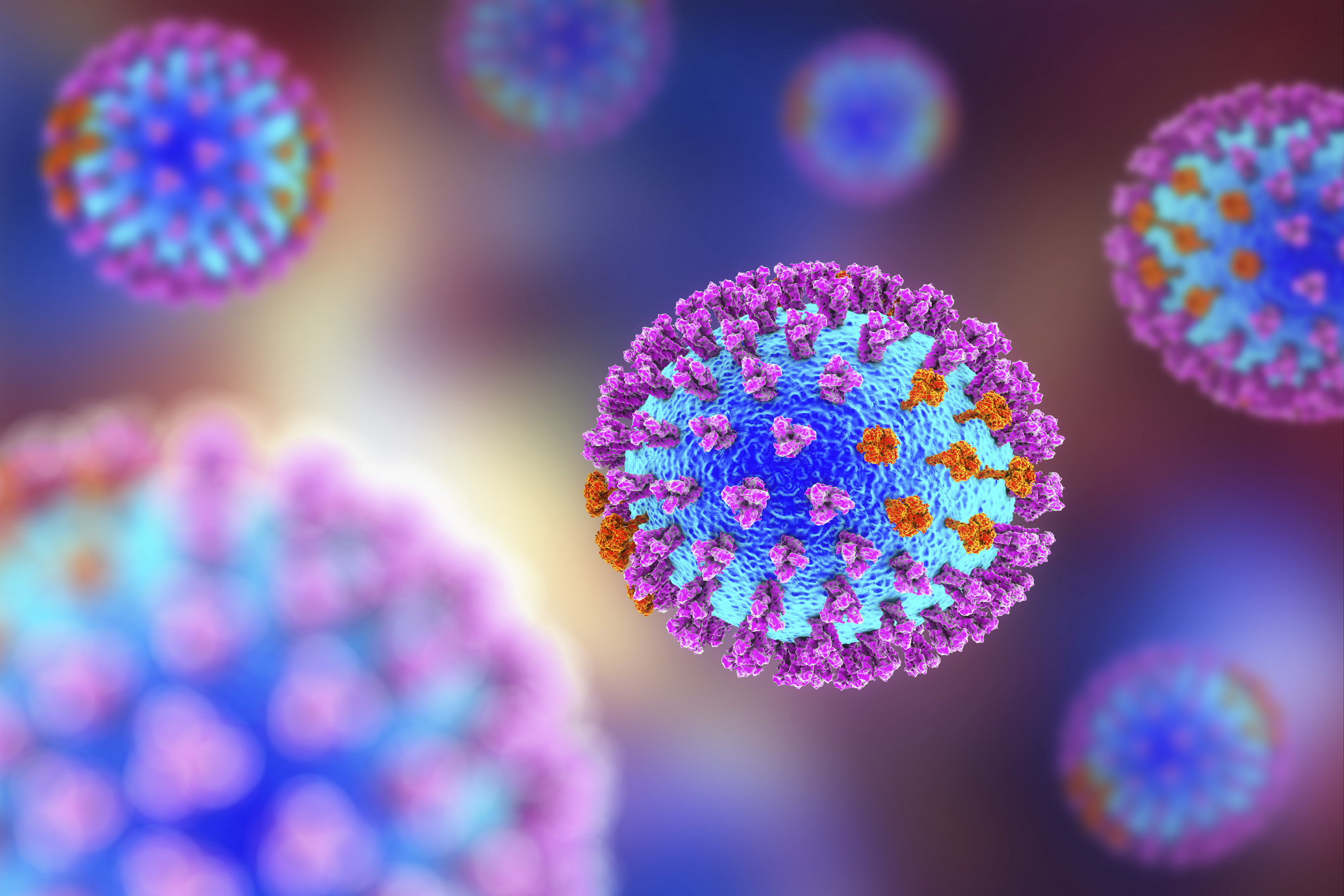Karen Harrington, PhD, HCLD (ABB)
is Director of Scientific Affairs at Hologic, Inc. Dr. Harrington has more than 20 years of experience in molecular diagnostics having worked in research and development and clinical and regulatory affairs, successfully taking several molecular IVD products through clinical trials, FDA approval and commercialization. Harrington received her BS in Biology from Marquette University and her PhD in Molecular Genetics from Georgia State University. Dr. Harrington is also certified as a High-complexity Clinical Laboratory Director by the American Board of Bioanalysis and has directed CLIA/CAP accredited clinical laboratories performing molecular-based infectious disease and oncology testing.




